24 > 26 APRIL 2024
Suntec City Exhibition and Convention Centre, Singapore
Speakers
Forum Speakers
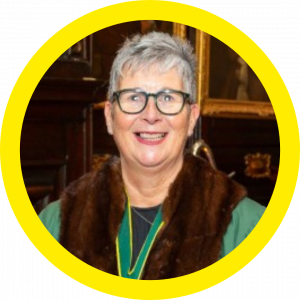
Fiona Anderson
United Kingdom
Worshipful Company of Spectacle Makers

Dominique Barraud
France
National Federation of Opticians of France
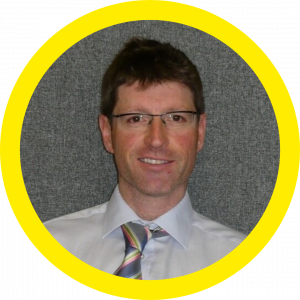
Prof Brendan Barrett
United Kingdom
University of Bradford
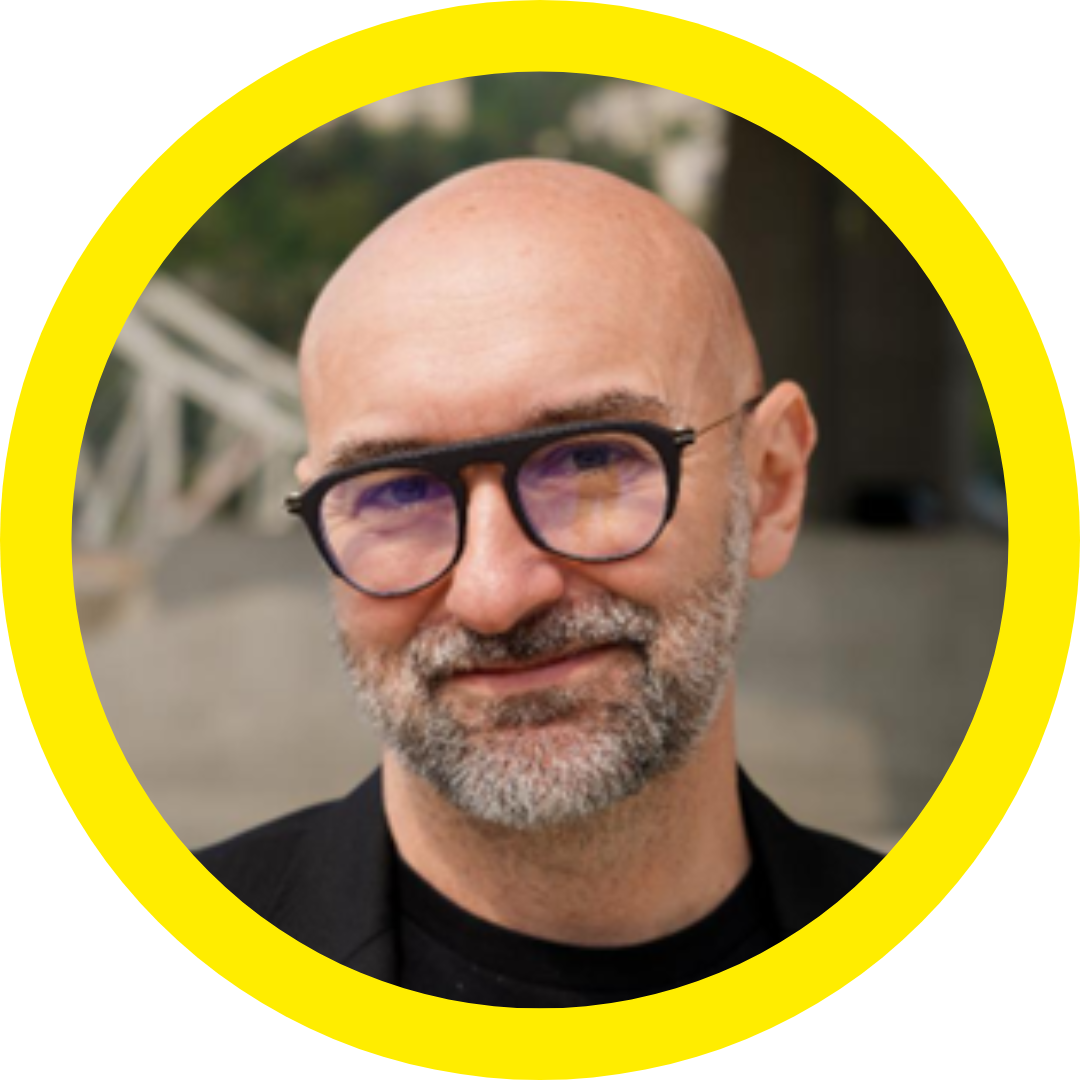
Sebastien Brusset
France
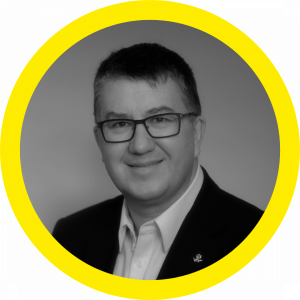
Stephen Caunter
New Zealand
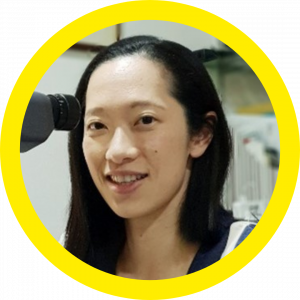
Chui Wen Juan
Singapore
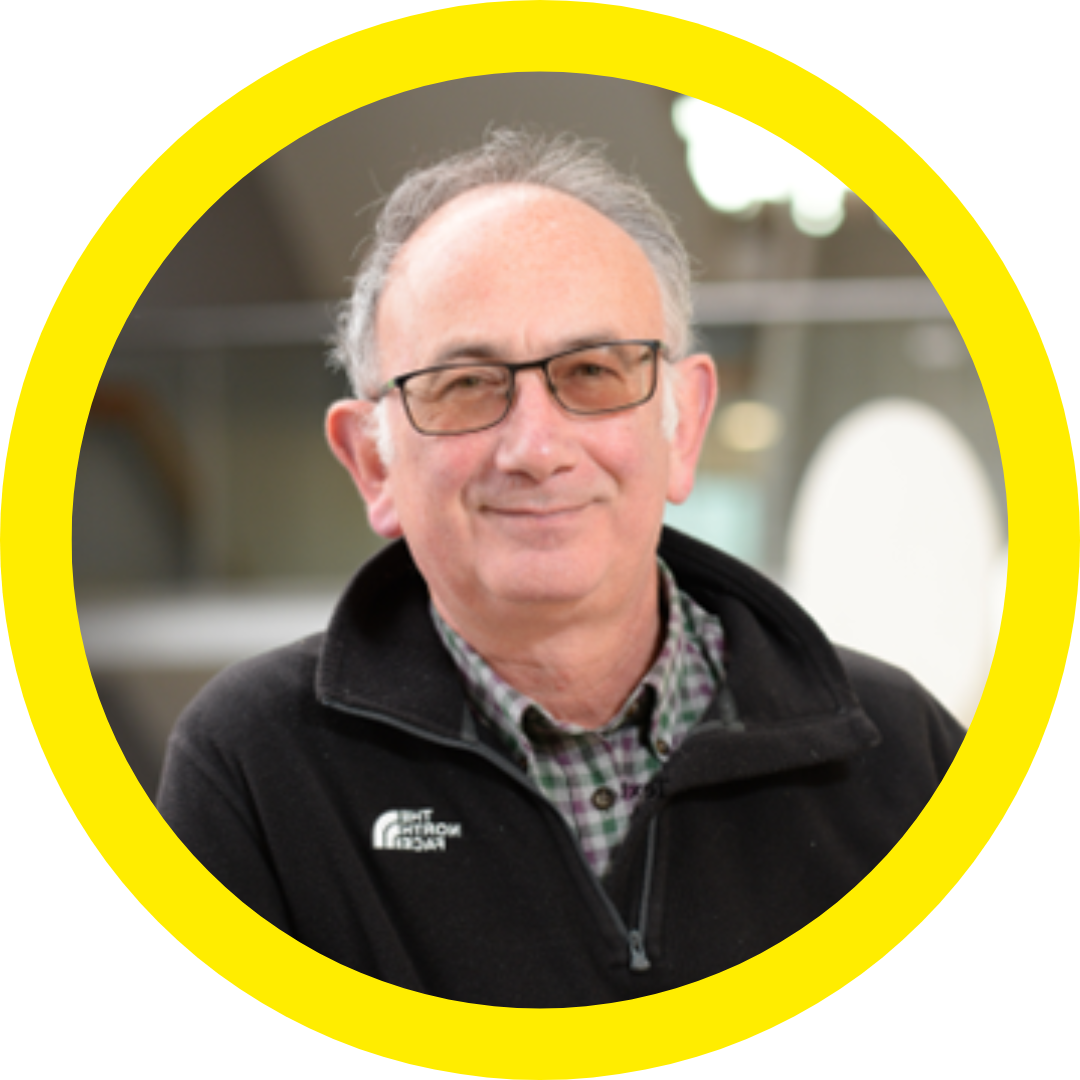
Prof David Elliot
United Kingdom
University of Bradford
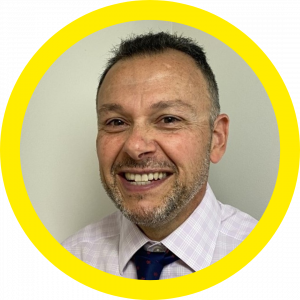
Damon Ezekiel
Australia
Ezekiel Eyes
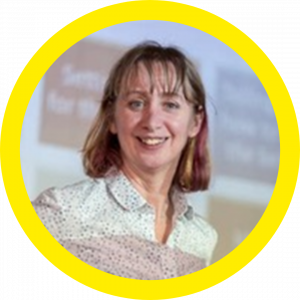
Prof Fiona Fylan
United Kingdom
Leeds Beckett University
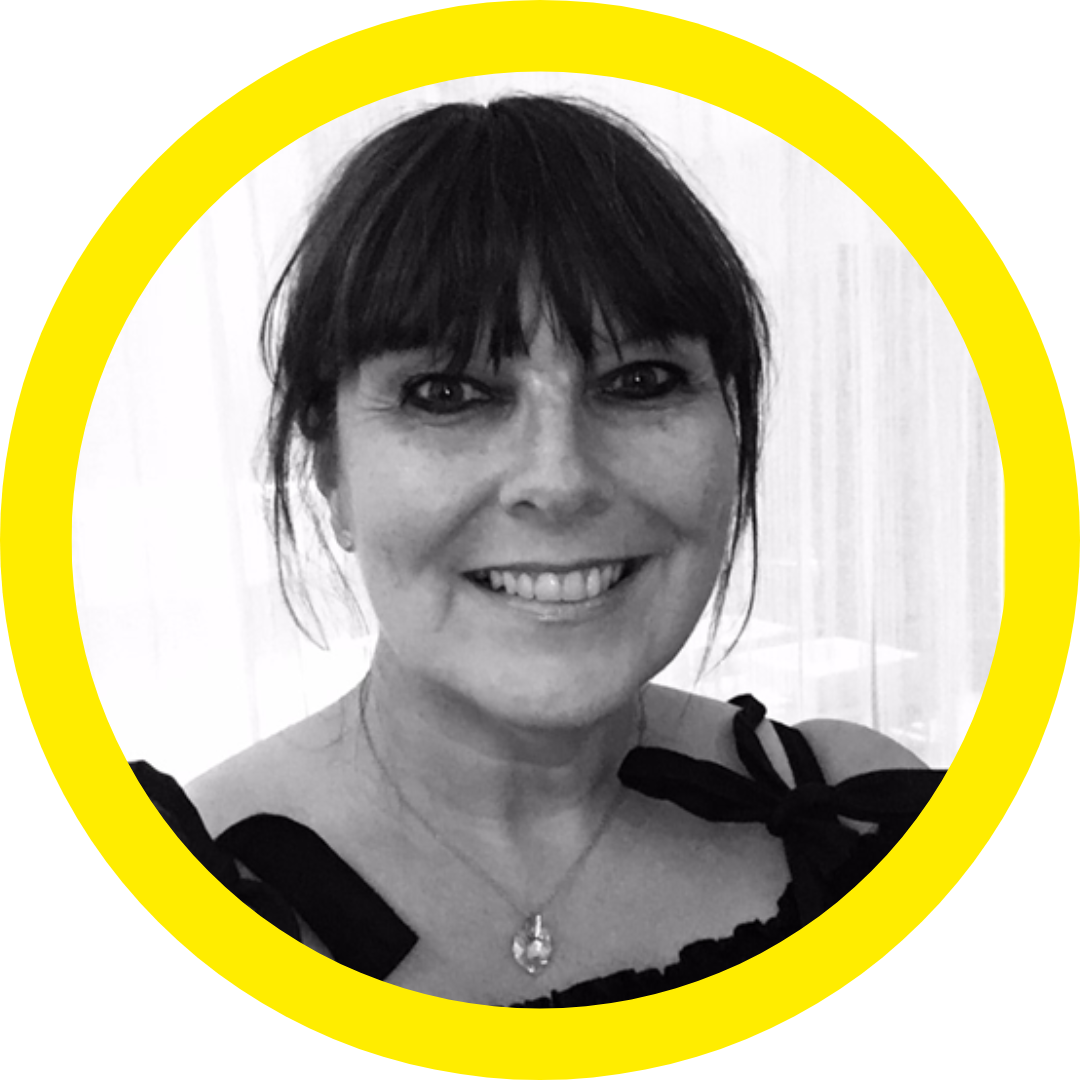
Elaine Grisdale
United Kingdom
International Opticians Association
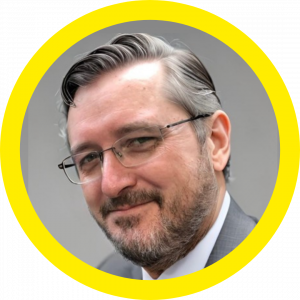
Grant Hannaford
Australia
Academy of Advanced Ophthalmic Optics
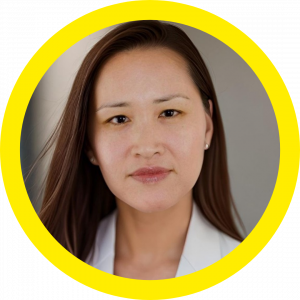
Thao Hannaford
Australia
Academy of Advanced Ophthalmic Optics
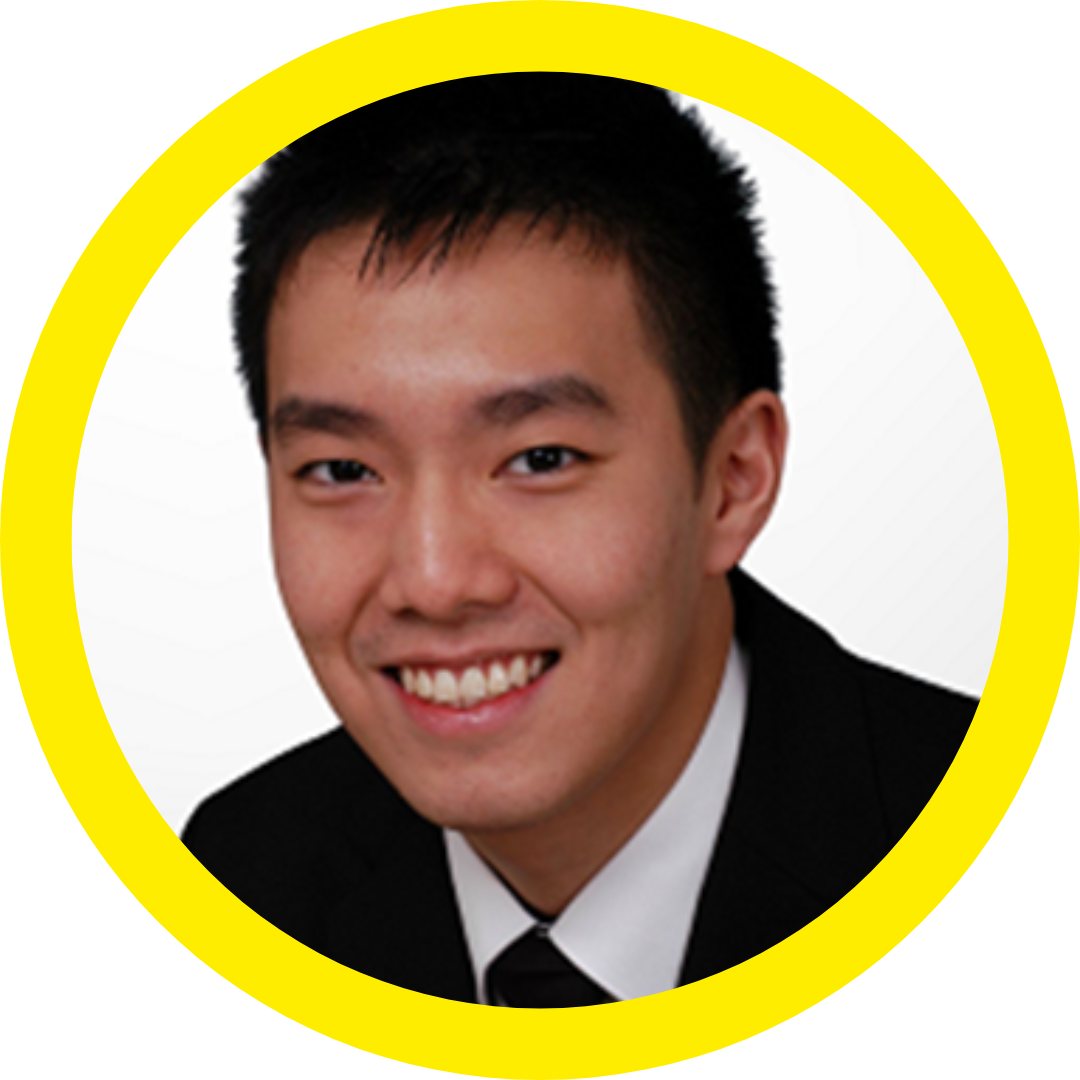
Dr Chris Lim
Singapore
National University Hospital
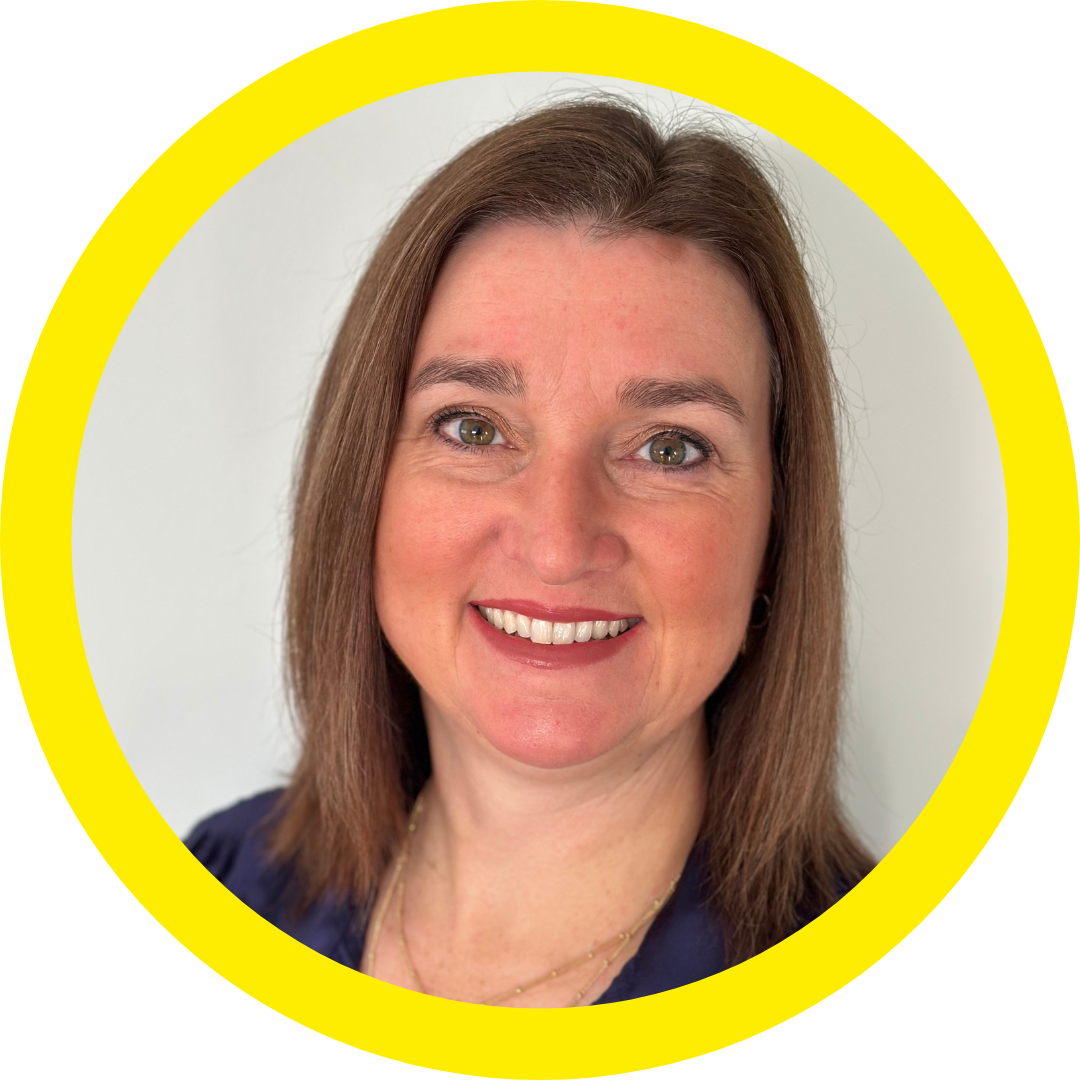
Angela Mitchell
New Zealand
Association of Dispensing Opticians of New Zealand
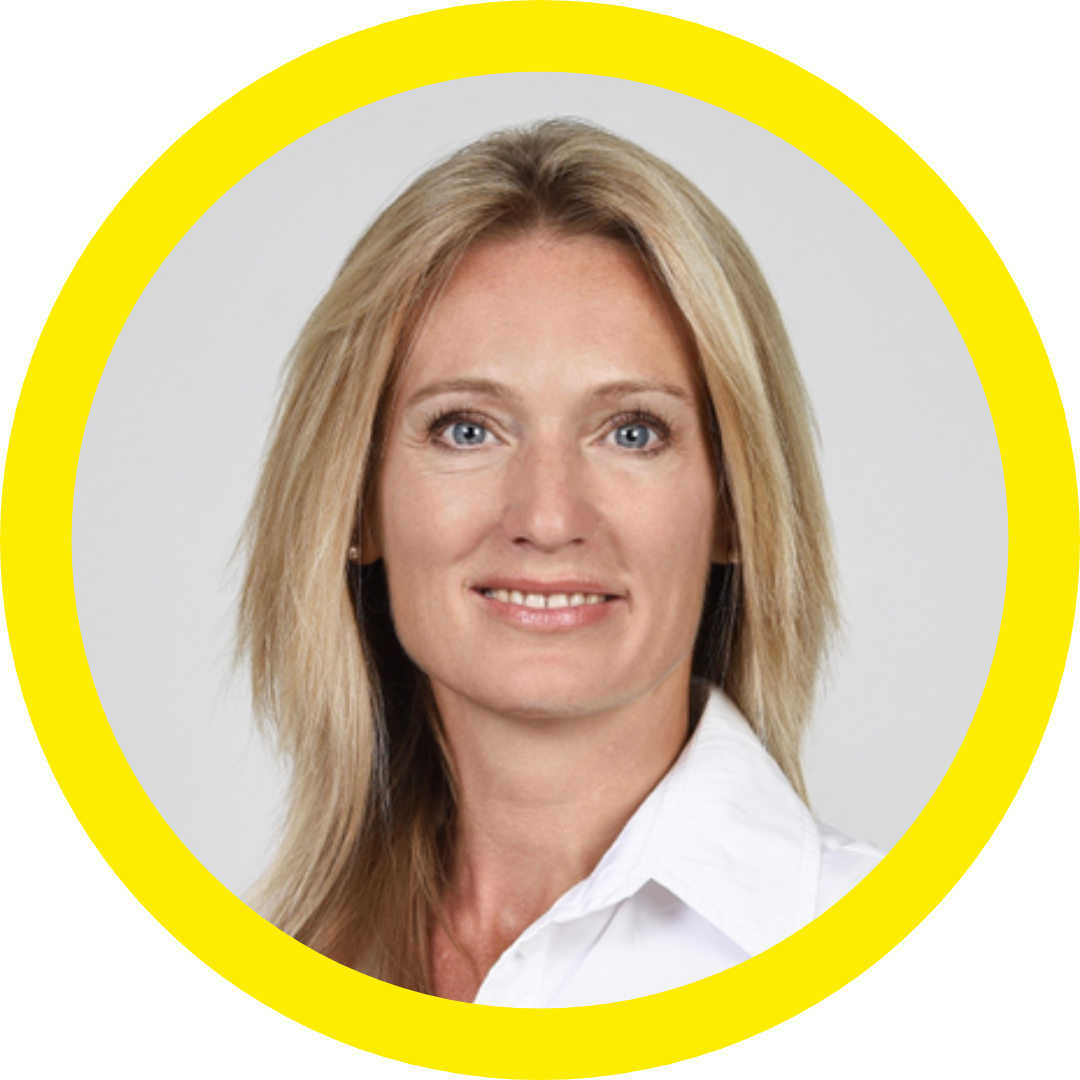
Prof Daniela Nosch
Switzerland
University of Applied Sciences and Arts Northwestern Switzerland

Jean Philippe Sayag
France
ACEP
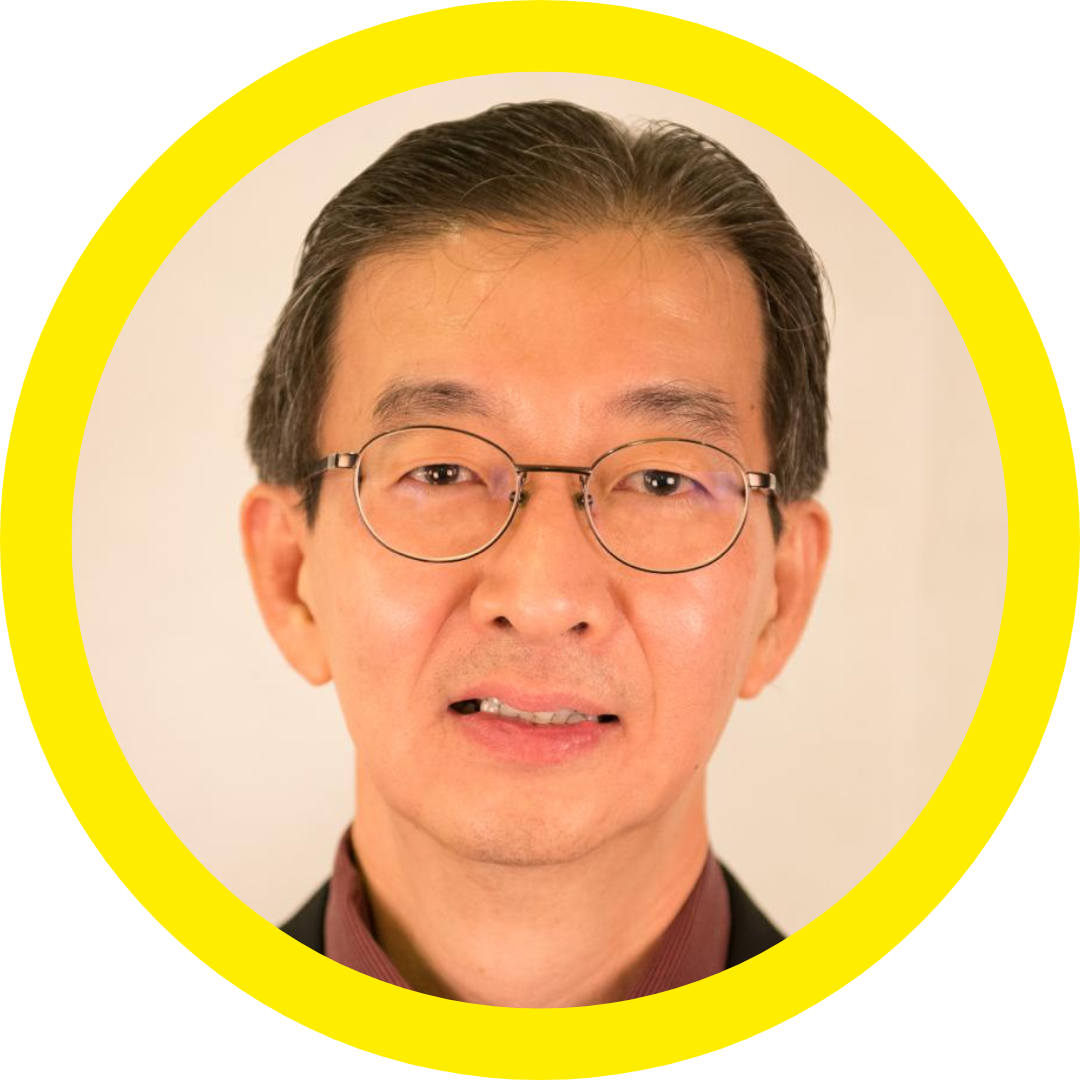
Dr Tan Kah Ooi
Singapore
nthalmic
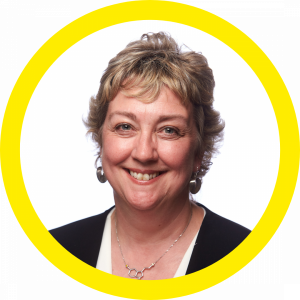
Dr Cindy Tromans
United Kingdom
Manchester Royal Eye Hospital
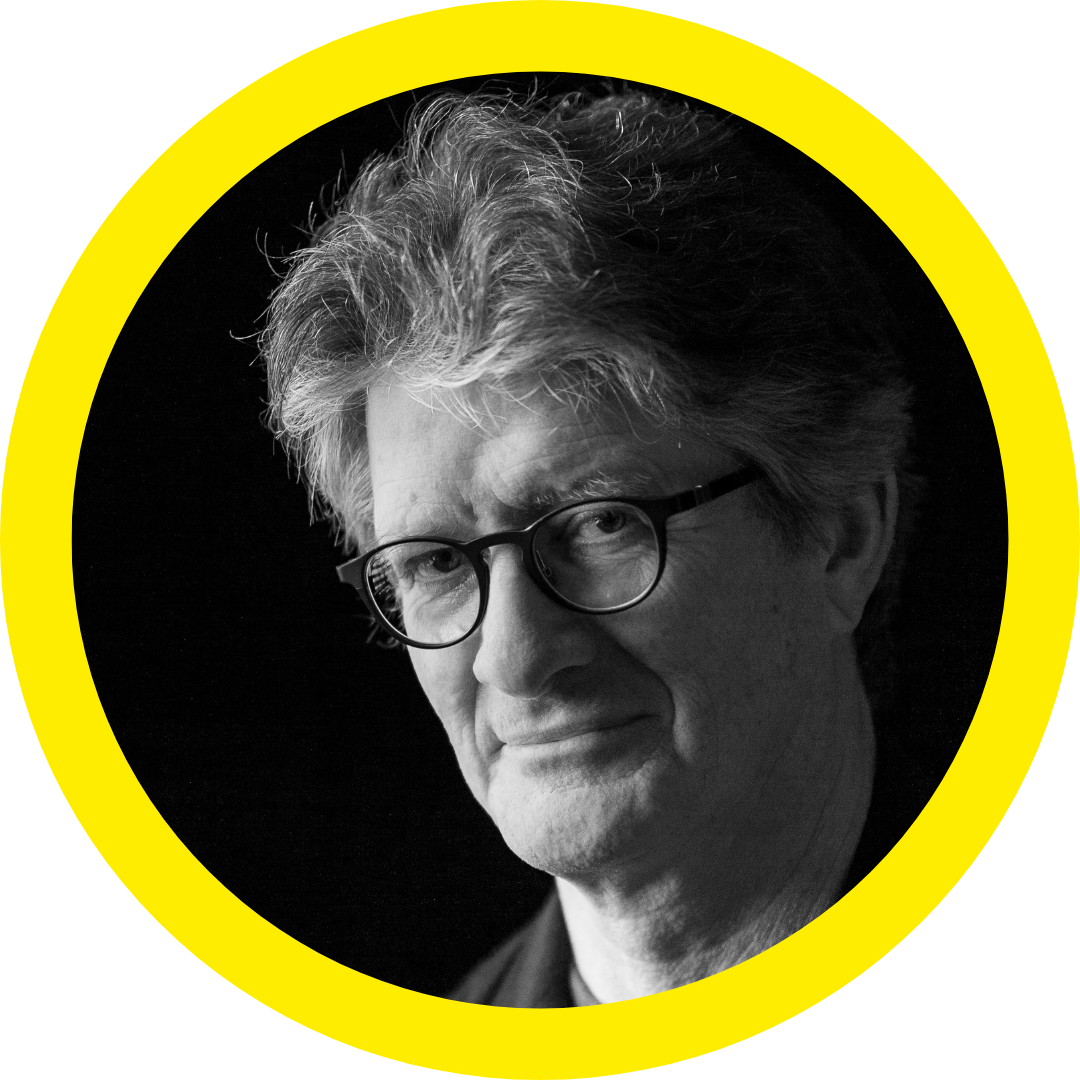
Asst Prof Richard Vojlay
Australia
University of Melbourne
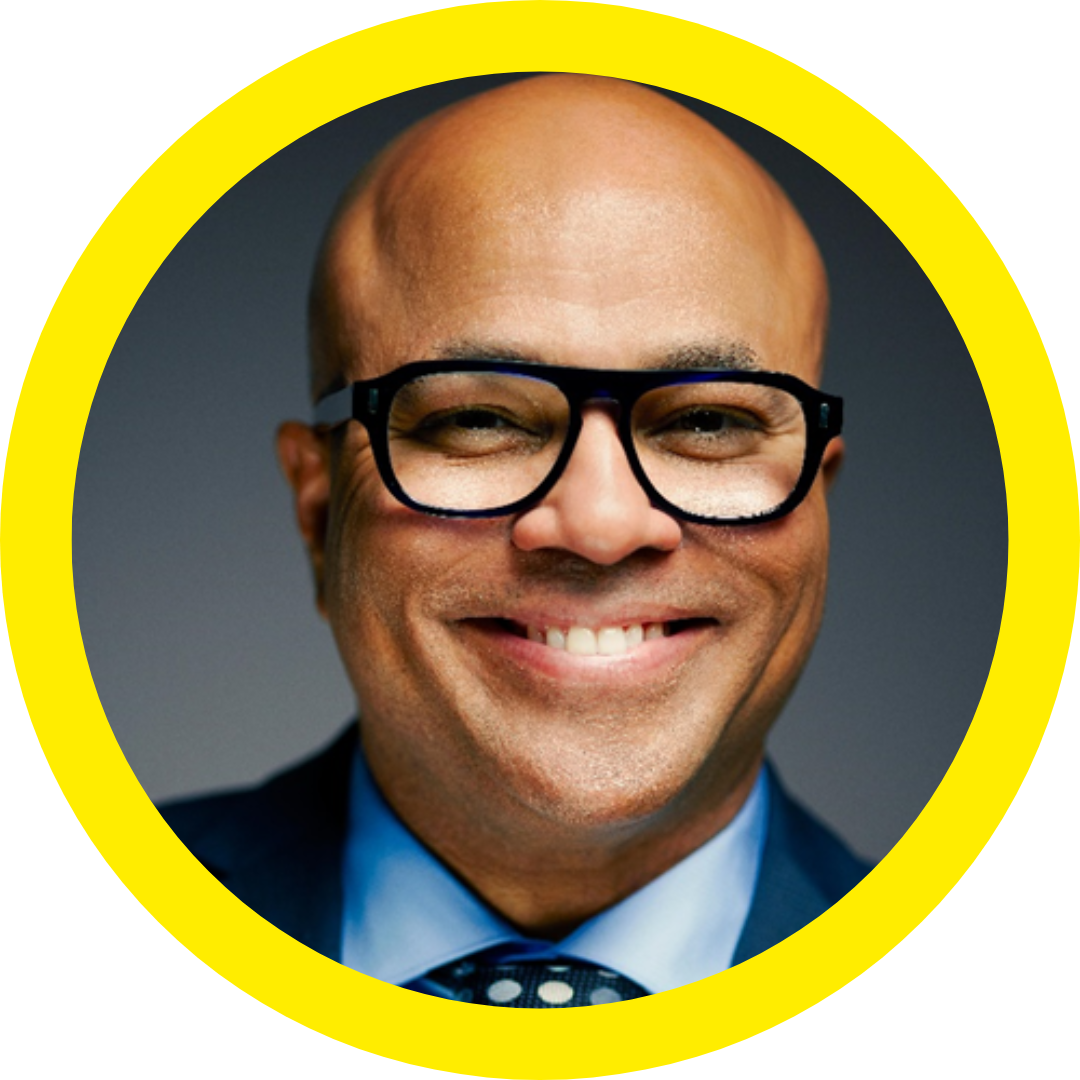
Phernell Walker
United States
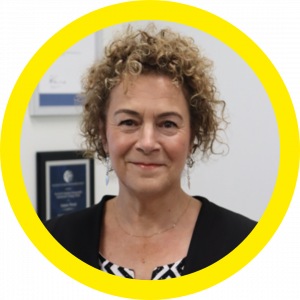
Prof Joanne Wood
Australia
Queensland University of Technology
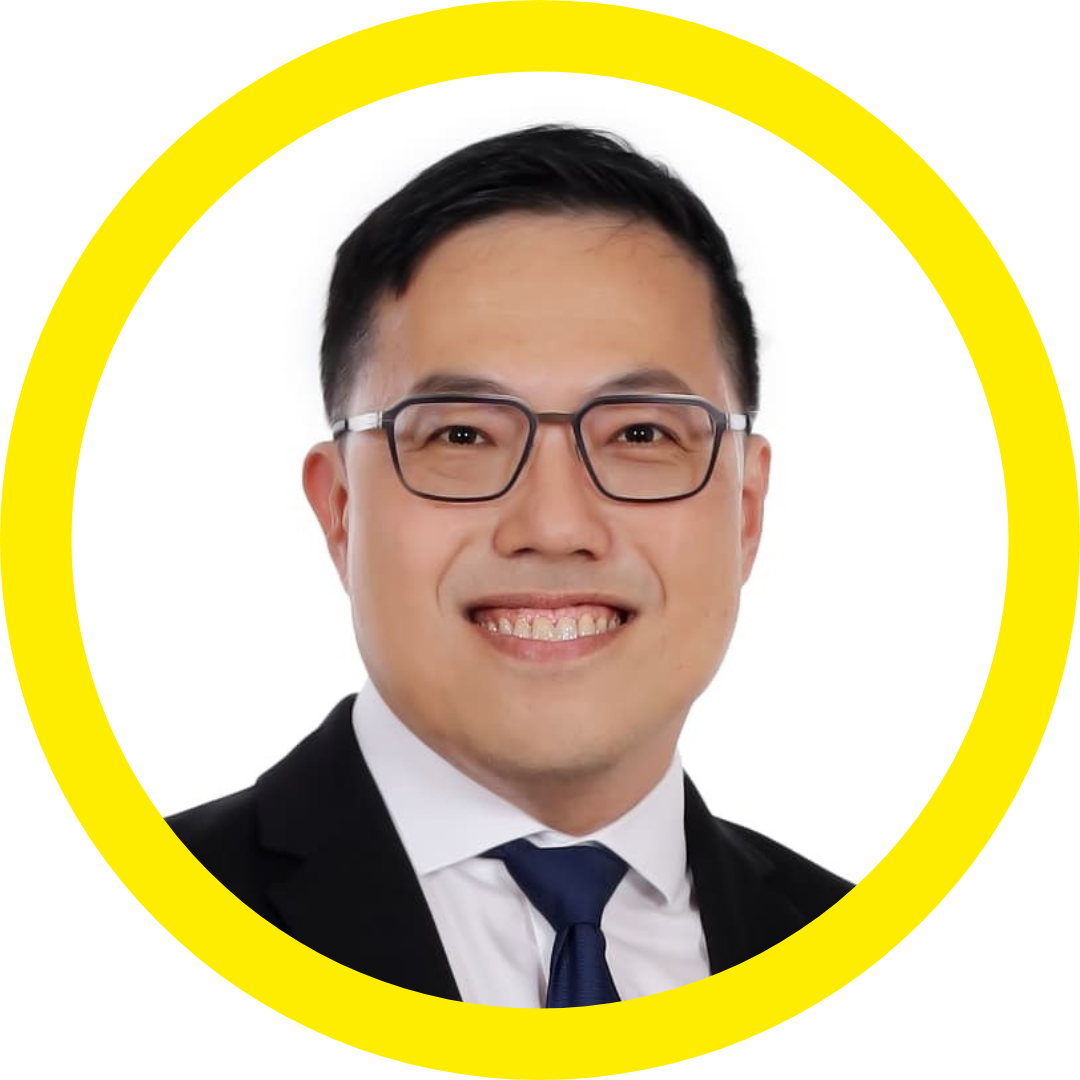
Woon Pak Seong
Malaysia
Vision Space Optometrist
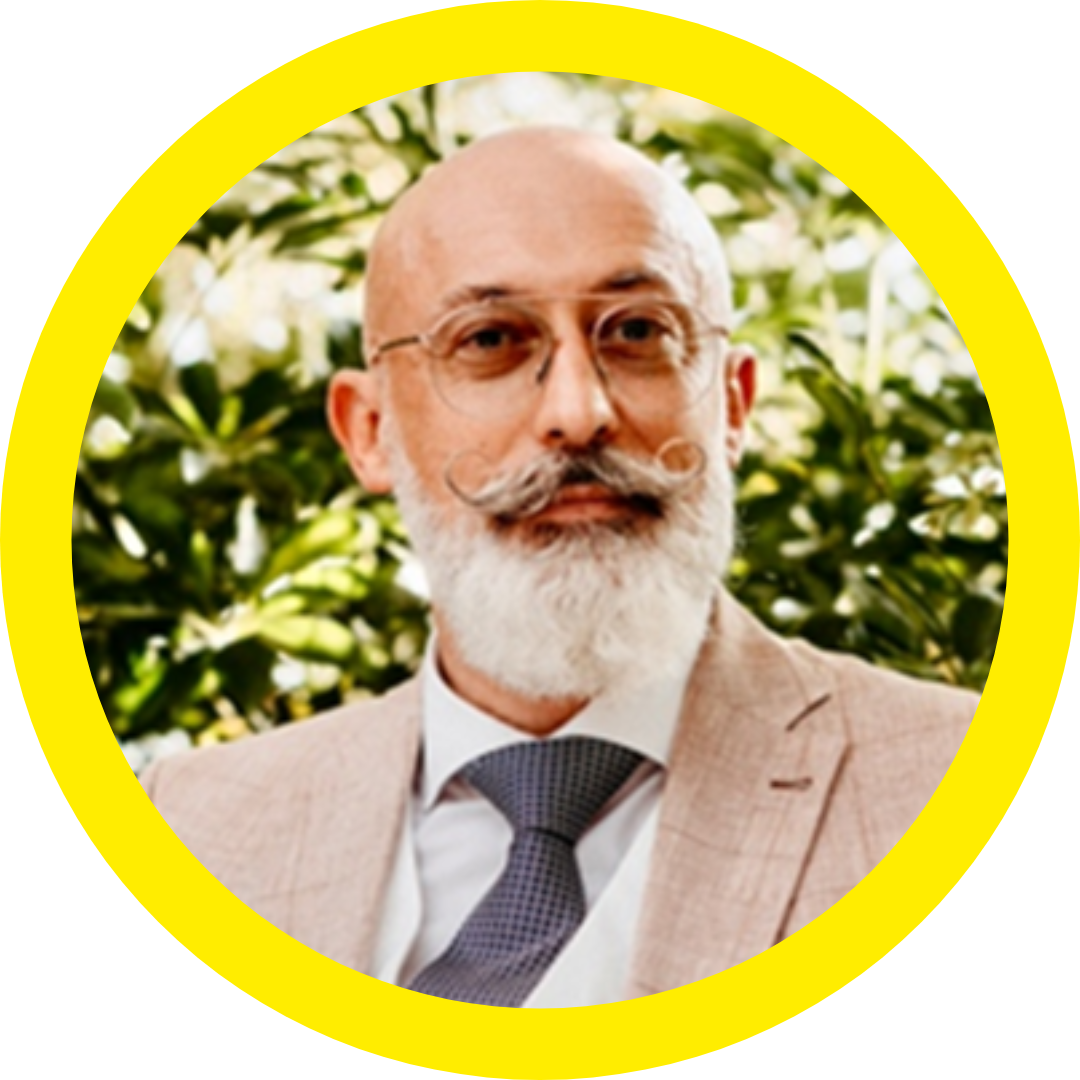
Iwan Zanchetta
Switzerland
Swiss Association of Optometry & Optics

Fiona Anderson
BSc(Hons) FBDO R SMC (Tech) FEAOOImmediate Past President of the International Opticians Association
Renter Warden of the Worshipful Company of Spectacle Makers
United Kingdom
Fiona began her career in optics as an 18-year-old when she enrolled on a course at Glasgow College of Technology (now Glasgow Caledonian University) in Ophthalmic Dispensing. She left 2 years later with her diploma ‘With Commendation’ and registered with the General Optical Council as a Dispensing Optician in August 1986.
Fiona worked as a Dispensing Optician for an independent group of opticians in the northeast of Scotland becoming a Regional Manager and Group Training Manager. During this time, she gained a BSc (Hons) in Business Administration graduating from Brunel University in 2003.
Fiona joined Ythan Opticians in 2012 as Dispensing Director. She gained a qualification in spectacle manufacture (SMCTech), and became a Liveryman of the Worshipful Company of Spectacle Makers (WCSM). Fiona was invited to join the WCSM Court of Assistants (similar to a Board of Directors) in 2019, and is now Renter Warden.
Professionally, Fiona’s main interests are training & mentoring – she regularly lectures & delivers workshops at optical events both at home in the UK and overseas. She is involved in the delivery of Continuing Professional Development (CPD) and is passionate about quality spectacle dispensing, spectacle lens design and paediatric dispensing.
Fiona was the President of the Association of British Dispensing Opticians until April 2018. She was the Immediate Past President of the International Opticians Association. Fiona also sits on the European Academy of Optometry & Optics (EAOO) Board of Trustees and the European Council of Optometry & Optics (ECOO) Qualifications Board.
Paediatric Lecture
This lecture will present and discuss the art & science of paediatric dispensing, challenging the long-held view that ‘children are scaled down adults.’
Synopsis
The lecture will cover many aspects of paediatric dispensing & discover why it is a specialised skill. It will uncover the journey a child takes when they require an optical correction, and what steps an eyecare practitioner will take to ensure the best possible fit, clarity of vision & care received by them & their parents.
Delivery
This session will be provided face-to-face and facilitated from the front of the room. Delivery will be supported by a power-point presentation and participants will have the opportunity to ask questions at the conclusion of the lecture.
Reflection
All attendees are encouraged to write a reflective learning statement at the conclusion of the lecture to support their reflective practice.
Learning Objectives
- Communicate effectively with both the child & their parent/guardian in a way they understand and be mindful of unspoken signals which could indicate a patient’s lack of understanding or discomfort.
- Employ a patient centered approach - give patients your full attention and allow sufficient time to deal properly with their needs.
- Dispense appropriate products - only provide or recommend examinations, treatments, drugs, or optical devices if these are clinically justified, and in the best interests of the patient.
This workshop presents three cases of patients returning to your optical practice. Using peer-to-peer discussion you will be asked to discuss with your peers how you would manage the patient as they present at you practice for the first time with each issue.
Synopsis
This workshop presents three patients who return to the practice with different concerns relating to their eyewear. Each case will present a different dispensing issue which should be uncovered & suitably dealt with by the optical practice. For each discussion the participants will be required to consider the patient’s prescription, presenting concerns and lifestyle information to formulate appropriate management plans and communication to ensure the best possible outcome for the patient as well as consider with hindsight, if they may have offered any different or additional advice or products to alleviate the issue.
Case 1: Mrs Thom: Existing Px, new Rx – collected 2/52 & returns with very non-specific complaints – vision not quite crisp as they had hoped after receiving new specs, asthenopia.
Case 2: Mr Dickson: Cataract Px returns after having first eye operated on. Wants to have progressive lenses like they always have had.
Case 3: Mrs Harold: Px returns with friend. Friend kicks off about ridiculous price of new spectacles & how her friend has had terrible difficulties settling with the new Rx – clearly something is wrong & they want it to be put right.
Delivery
This session will be provided face-to-face and facilitated from the front of the room. Delivery will be supported by a power-point presentation. The participants will be split into discussion groups and requested to elect someone to feedback a summary of the group discussion. The facilitator will present each case from the front, physically move around the room to support individual table discussions, gather feedback from the individual discussion groups and provided any summary or correct any errors in learning if required.
Reflection
The delegates are encouraged to reflect on the discussions had & to support their own reflective practice.
Learning Objectives
- Communicate effectively with patients & impart information in a way that they can understand
- Provide effective treatments & products based on current good practice
- Ensure that incentives, targets and similar factors do not affect your professional judgement. Do not allow personal or commercial interests and gains to compromise patient safety.

Dominique Barraud
Orthoptist, Expert EducatorFounding member of National College of Opticians of France
France
Confirmed orthoptist, Dominique Barraud is one of the founding members of the CNOF (National College of Opticians of France) created in 2016. Her career began in posturology. She quickly became an expert educator specializing in many areas, from oculomotor paralysis, neuro-visual and learning disorders, from the vision of the elderly to the vision of the different, sometimes polytraumatized child.
For ten years Dominique Barraud was an educator in orthoptics for UNRIO (National Union of Research and Information in Orthoptics), then, for OPTIMA (National Federation of Opticians of France), SOCOFORM- MG France (General Practitioners of France). Through her interventions in departmental training courses for speech therapists and pharmacists, she contributes to the more precise knowledge and understanding of the profession of orthoptist, re-educator of functional vision.
This diversity of the medical and paramedical populations, by its transversality, is essential for it, each of the health professionals being linked by the concern for the well-being or the well-being of the patient according to their specialty.
In 2000 at the request of the Moroccan Ministry of Health, the French Ministry of Health in agreement with the CHNO (National Ophthalmology Hospital Center) sent Dominique Barraud as expert educator to Morocco in Rabat for an evaluation mission of the orthoptic visual needs and specific demands of the Moroccan population. From 2001 to 2004 Dominique trained the first Moroccan orthoptists for the public sector and the military sector. Today, she takes part in final examinations and graduation exams. In 2009, Dominique obtained her diploma in neuro- ophthalmology / orthoptics.
She became an active member of the commission for the overhaul of orthoptic studies within the Ministry of Higher Education and the Ministry of Health, developing the establishment of an LMD (License/Master, Doctorate) for the SNAO (Autonomous National Union of Orthoptists).
In the Revue Française d’Orthoptie (RFO), she has published various articles on its history and ophthalmology, orthoptic equipment and techniques, and for the journal 3D Vision she writes about practical orthoptic/optical cases.
Dominique has been a member of the AODO (Association of Orthoptists of the West) since 2000 and a member of the IOA since 2019.
Seeing Well Together - Ocular Harmony and the Key to Success
Patient/customer satisfaction remains a priority for eye care professionals. Man does not remain still in life by only looking straight ahead without moving his eyes, his body and without external elements changing at any moment.
Visual information is the most important sensory domain for humans.
It is therefore essential that the most precise analysis possible be made on motor, sensory and functional levels.
To do this, the optician, in addition to the increasingly efficient instruments at his disposal, must define any possible constraints, malfunctions, alterations and inabilities that could hinder optimal adaptation of optical compensation.
“There’s no point in having two eyes if you don’t use them.”
Visual perception is action oriented.
To be effective the vision must be dynamic.
Ocular dynamics are crucial in the development of visual functions.
The ability to direct the gaze is essential to the organization of the gesture.
If “seeing” is in the sensory domain, the gaze is that of the optomotor and gives the possibility of communicating, it is therefore a tool for postural regulation, exploration of the environment and communication with the environment. The fundamental basis of a human being is posture for which the information coming from vision is 90.3%.
The contribution of optical compensation will therefore have a major role, a role devolved to the optician, both a guide in the choice of glasses appropriate to each patient/client, lenses, frames, and the rules of handling and maintenance upon which the optician advises.

Prof Brendan Barrett
Professor of Visual Development, School of Optometry & Vision Science University of Bradford United Kingdom Brendan Barrett is an Optometrist by first training and holds a BSc degree in Psychology. His optometry training was undertaken in Dublin, where he also completed his Ph.D. After a brief stint working as a lecturer in Glasgow Caledonian University in the mid-1990s, he moved to the county of Yorkshire, in the north of England, to take up a position at the University of Bradford. He has been based there ever since. His current position is Professor of Visual Development in the School of Optometry & Vision Science at the University. Alongside his teaching commitments, his research interests include amblyopia and other developmental disorders of vision. He has conducted research in the area of vision and sport, specifically examining the question of whether there may be something elite about the vision of elite sportspeople. He is also interested in quantifying the extent to which significant uncorrected refractive error exists in school children, and in understanding how this may impact their educational attainment. Aside from research and teaching, he holds accreditation responsibilities for the UK’s General Optical Council and for the European Council of Optometry and Optics (ECOO), acting as a co-chair of ECOO’s Accreditation Agency. Glasses in Classes – A UK Initiative In this lecture, I will provide a description of the Glasses in Classes project, the first and second iterations of which have now concluded. As recommended by Public Health England, vision screening takes place in primary schools at age 4/5 years (i.e. in reception class) in many, though far from all, areas in England. However, even when this screening takes place, there are a variety of reasons why children may not receive the refractive treatment they require. The reasons include the fact that the orthoptic screening team is normally not permitted to share results of the screening with the school; hence school personnel are not aware which children should be taken for follow-up examination following the screening. We know that many children who fail screening are not taken for follow-up examination and that even those who are, many end up not getting or wearing the glasses they were prescribed. The aim of the Glasses in Classes (GiC) project was to try to ensure that children who fail school vision screening are taken for follow-up eye examination and that those children who need glasses actually end up wearing them whilst at school. The essential features of the GiC project are as follows: (i) The school is informed about which children did not pass the school vision screening; (ii) Parents of these children are encouraged to bring their child for a follow-up eye examination by a vision co-ordinator (SVC) who is a member of school staff; (iii) for those children not brought for follow-up eye examination with a particular time period, the school allows an Optometrist to visit the school to conduct the eye examinations and where necessary issue glasses there; (iv) All children in the GiC project receive a 2nd pair of glasses free of charge. The 2nd pair remains at school and the 2nd pair is issued to children if, for any reason, they arrive at school not wearing their glasses; (v) The SVC monitors the compliance with glasses wear amongst the GiC children; (vi) The impact on the education of the GiC children was studied by comparing their education scores at the beginning and end of the study period. The GiC project has a much wider context which will also be briefly considered during the talk, namely that the prevalence of refractive error amongst UK school children appears to be growing. Also, we now have greater evidence about related questions regarding the uptake of eye examinations by school children and about the impact that uncorrected refractive error may be having upon a child’s education. I will also describe our latest, wider initiative which aims to train lay, school-personnel to conduct basic eye and vision checks in their children and the approaches that we hope to take to gather the evidence that they will lead to better educational outcomes in children with uncorrected refractive error. Learning Objectives- To summarise the methodology and findings from the Glasses in Classes study
- To briefly summarise the literature that links educational attainment with the presence of uncorrected refractive error in school children.
- To summarise the feasibility and accuracy of the approaches that we are currently taking to train school personnel to conduct basic eye and vision checks of their children.

Sebastien Brusset
Eyewear and Vision DesignerFrance
For more than two decades, Sébastien Brusset has worked as a designer specializing in Eyewear and Vision, more particularly in the field of luxury and innovation. Multi-awarded, he has notably worked for TAG-Heuer, McLaren, Fred, Leica, Sonia Rykiel and Karl Lagerfeld... Today he is involved in numerous innovative and long-term projects with the Silmo-Next, Visages, and the Bootle Glass project...
Title: How technologies will shape the new decade in eyewear.

Stephen Caunter
New ZealandStephen’s motto is enthusiasm, entertainment and knowledge. Ask him what his job is and he will tell you “storyteller”. These attributes make Stephen a highly successful facilitator, MC and presenter. His presentations will be aimed to bring a level of thought or knowledge to help participants be more successful, in business or life.
Stephen is particularly passionate about the topics of Networking, Marketing and Customer Service. Stephen’s career as a speaker started in 2006 and he has enjoyed the opportunity to speak to thousands of people both nationally and overseas. During his banking career of over 40 years the majority of this time was spent dealing with business owners. Post covid he has adapted to delivering events online so has become a champion of the webinar! Outside of work Stephen is interested in all kinds of sports, a rugby referee, fly fisherman, the outdoors and when time permits turn his hand to restoring vintage machinery.
Is Your Patient Your Number 1 Fan? You need patients for your practice to be successful. A steady stream of them wanting to buy from you. And more importantly you want them to come back time after time. What motivates them to return to you or consider shopping elsewhere with another provider? The session will look at solutions to turn your patients into raving fans and the key drivers for them to be your No 1 fan and advocate which in turn leads to a successful business.
The Power of Referrals What is the cheapest form of advertising that is also the most effective? Answer: Customer referrals. We are doing it all the time -Talking about the experiences we had both good & bad with a business to others. In turn influencing their opinion of you. How do you harness the power of these conversations. We will look systems and processes, what the customer really wants, and ways to create a funnel of new business. The cost to implement is very little, the possible outcomes-Amazing.

Chui Wen Juan
Independent Practice Optometrist Singapore Inspired by the work of her father and with a keen interest in the sciences, Wen Juan chose the profession of Optometry and completed her undergraduate and postgraduate training at the University of New South Wales, Australia. After graduation, she moved to Western Australia (WA) and was privileged to experience optometry in urban and rural locations, as well as providing low vision rehabilitation services at Guide Dogs WA. After 5 years in WA, she returned to the family practice in Singapore and is now seeing the third generation of patients. Practicing full scope primary eye care and coming across many older myopic adults, have spurred her to have a special interest in managing myopia in young persons, knowing well that risks need to be mitigated for her patients’ future eye health and vision. As a member of the Singapore Optometric Association, Optometry Australia and the American Academy of Orthokeratology and Myopia Control, she keeps up-to-date with primary eye care, ocular therapeutics, myopia management and specialty contact lens practice. More Than Just Aging – When Hormones Come and Go A woman’s physiology undergoes significant changes due to hormones. In the course of a woman’s life, the use of oral contraceptives and menopausal changes have an impact on health, vision and quality of life. Optometrists will undoubtedly encounter vision and eye problems related to sex hormones. Learning Objectives This presentation gives an overview of how sex hormones, particularly oestrogen and progesterone affect ocular physiology and function, to better enable optometrists to manage ocular health and performance at different stages in a woman’s life.
Prof David Elliot
Professor of Clinical Vision Science University of Bradford United Kingdom David Elliott is the Professor of Clinical Vision Science at the University of Bradford in the UK, having previously been an Assistant Professor of Optometry at the University of Waterloo in Canada. He has authored over 120 peer-reviewed research publications in leading multi-disciplinary, optometry, ophthalmology, vision science and gait research journals. He is the currently editor-in-chief of the American Academy of Optometry’s research journal Optometry & Vision Science, having previously been the editor-in-chief of the UK College of Optometrists’ research journal Ophthalmic & Physiological Optics between 2010 and 2020. He is the editor of the leading textbook Clinical Procedures in Primary Eye Care, which is now in its 5th edition. Dave has been presented with the Glenn Fry (2013), William Feinbloom (2018) and Garland W Clay (2009, 2011) awards by the American Academy of Optometry and a Life Fellowship by the UK College of Optometrists (2019) in recognition of his research into how vision affects everyday life in older people and editorial work respectively. "Non-tols”, Rechecks and Remakes: Why They Occur and How to Avoid Them The lecture summarises the extent of non-tolerances or “non-tols” (also called rechecks; patients who return to an optical practice because they are dissatisfied with their new spectacles) and their causes. Many non-tols lead to the need to remake the spectacles at no cost to the patient. Evidence will be presented that supports the prescribing of a refractive correction that differs from the subjection refraction result to reduce non-tols. This correction is typically modified based on the difference between the habitual or presenting spectacle correction and the subjective refraction. This evidence includes a review of the validity and variability of subjective refraction, the degree of tolerance to small changes from the subjective refraction and causes of spectacle adaptation difficulties in the elderly. A series of recheck cases from a recent study will be used to demonstrate the problems and illustrate the usefulness of recommended prescribing guidelines. Learning Objectives- To understand the extent of “non-tols” and their causes
- To understand the variability in subjective refraction results
- To understand the various prescribing guidelines that are based on the difference between the habitual correction and subjective refraction result that can help patients adapt to new spectacles

Damon Ezekiel
President, International Society of Contact Lens Specialists (ISCLS) Co-Founder, Euro-Asian Scleral Lens Academy (EASLA) Australia Damon Ezekiel owns and manages the specialist contact lens and general optometry practice, Ezekiel Eyes, in Perth, Western Australia. Ezekiel Eyes specialises in vision rehabilitation through contact lenses and he is also a contact lens consultant to various research organisations. He is the President of the International Society of Contact Lens Specialists (ISCLS) and Co-Founder of the Euro-Asian Scleral Lens Academy (EASLA). Damon regularly lectures and conducts workshops in contact lens practice and in particular, he teaches the fitting of all types of rigid gas permeable contact lenses, including Orthokeratology and scleral lenses, soft bifocal, multi-focal and cosmetic contact lenses. Damon treats patients with conditions such as Keratoconus, as well as those who are post graft and post refractive surgery. He also regularly treats children following operations for congenital cataracts. Through the charity organisation Sight For All, Damon has taught at ophthalmology hospitals in Vietnam and Cambodia. He graduated from the University of New South Wales with a Bachelor of Optometry in 1989, and achieved his therapeutics qualifications in 2019. Damon is a Fellow of the American Academy of Optometry and the Cornea and Contact Lens Society of Australia. Damon, a son of the Gas Permeable Scleral Contact Lens pioneer Don Ezekiel, enjoys spending time with his family, yoga, swimming, piano, travelling and trekking. Scleral Contact Lenses – A Missed Opportunity? BACKGROUND: The author first started looking after his patients who required visual rehabilitation in 1990, by successfully fitting these lenses. CASE DESCRIPTION: The incredible work that nature does in a human being’s infant years to develop an amazing visual system is something that we generally take for granted. However, when a patient’s visual system is challenged, what are the various options that are available to eye care practitioners in meeting the needs of patients and their families? An Australian specialist contact lens practice, Ezekiel Eyes, utilises the fitting of Gas Permeable Scleral contact lenses for many of its challenging patients. Most would assume that this is not an easy lens to fit and handle, compared with conventional lens options available. However, the experience of Damon Ezekiel proves that that this is not true. Damon has been fitting the gas permeable scleral contact lens for more than 33 years. CONCLUSIONS: In this session, Damon will discuss the benefits and ease of fitting Gas Permeable Scleral contact lenses for many of his challenging patients. He will outline the long-term success of fitting scleral contact lenses to his patients by providing case studies and follow up over several years.
Prof Fiona Fylan
Chartered Health PsychologistSustainable Behaviour Researcher, Leeds Beckett University
United Kingdom
Professor Fylan is a Chartered Health Psychologist who specialises in understanding behaviour and developing and evaluating interventions to change behaviour. Her research focuses on behaviour change to create sustainable communities, which involves how people use healthcare systems and how they behave in the built environment. Her eyecare research explores how people respond to their eye conditions and how to best communicate with them. She has undertaken many research projects on presbyopia, including how people make decisions about lenses, and how to improve communication between eyecare professionals and patients. She has published widely, including on driving and spectacle wear, people’s beliefs, communication about and experiences of cataract surgery, and the mental health of optometrists. She leads Sustainable Behaviour research at Leeds Beckett University and works on a wide range of health-related projects at Brainbox Research for a range of clients including government, local authorities, charities and commercial organisations.
The Psychology of the Presbyope
Becoming presbyope can be a difficult time. Visual changes can lead to frustration or anxiety and it is often the first sign that people have that they are ageing. In a world where people expect technology to solve their problems, becoming presbyopic – and their inability to prevent it – can make them feel helpless. They may also be embarrassed about their difficulties, and so avoid situations in which this would be apparent. Lack of awareness can lead to a delay before people seek help from an eyecare practitioner. However, once they seek help they are normally ready to accept advice about how best to solve the visual problems they are experiencing. Despite this, practitioners can feel nervous about raising options with new presbyopes for several reasons, including them being reluctant to have the “getting old” conversation, them anticipating people rejecting higher priced progressive lenses, and being nervous of recommending a lens that they fear people may struggle to adapt to. This presentation will explore how to communicate effectively with presbyopes.
Client Attitudes to Purchasing Spectacles
Many clients in optometry practice have reported that they don’t receive sufficient information from practitioners to make informed lens purchasing decisions. Furthermore, there is a discrepancy between client and practitioner perceptions of purchasing decisions. Practitioners often overestimate the importance of price to clients and underestimate the importance of their own recommendations. Practitioners can assume that offering premium options will alienate clients, while clients do not want to feel that their choice is constrained by practitioners’ perceptions of their willingness to pay. However, they are more likely to choose premium options when benefits and compromises are related to the visual difficulties they are experiencing. In order to increase the salience of recommendations, practitioners need to understand clients’ experiences of their vision, and communicate how lenses could increase their quality of life. This presentation will explore how to apply behaviour change techniques to help clients make informed decisions about lens options.

Elaine Grisdale
BSc (Hons) FBDO FAAO FEAOO Director of Development International Opticians Association United Kingdom Elaine has many years’ experiences in the optical and vision-care sector both at association and commercial level. She qualified as a dispensing optician and registered with the General Optical Council in 1985. After a spell in practice, she joined Essilor as a lens consultant, troubleshooting for practitioners as well as lecturing extensively. In 1989 she was headhunted by Essilor HQ in Paris where she worked in a number of roles including operational product marketing and strategic marketing and product development. She was the professional link between Essilor R&D and external research centers around the world, chosen to undertake external independent clinical trials. From 1993 to 2001 she was the Head of Global Professional Relations for Optometry and Opticianry during which time she was instrumental in creating and managing the flagship, Varilux University, the first European education center dedicated to presbyopia and the ageing eye. She has been involved with the production of educational and promotional tools and a clinical textbook. She is a regular participant in international optometry, optical and ophthalmology congresses both as a delegate and speaker. She sits on the Executive Board of the European Council of Optometry and Optics and is secretary of ECOO’s Public Affairs and Economic Committee. She is also a Trustee of the European Academy of Optometry and Optics (EAOO). She is a Fellow of the American Academy of Optometry and also the EAOO. She is a Liveryman of the Worshipful Company of Spectacle Makers, the oldest optical association in the world. Elaine is also scientific programmes coordinator for the Silmo Academy and Director of Development of the International Opticians Association. In 2019 she was awarded the Owen Aves Memorial medal and invited to give the Owen Aves Memorial lecture. In 2018 she was awarded an Outstanding Contribution award from Wenzhou Medical University in China. In 2019, she was presented with the International Award for the Popularization of Science – Outstanding Contribution to the Development of Chinese Ophthalmology, Optometry and Vision Science. In 2020 she was awarded a First Class BSc (Hons) in Vision Science and she is completing her Masters of Science degree in Dementia. Key Pointers for Choosing the Best Frame Your Client Ever Had As well as being an important optical appliance, spectacle frames are an adornment for the face and are the first thing people notice when they look at someone wearing spectacles. This lecture looks at why choosing the right frame for a patient is a key element in the success of your business and enhancement of your brand. The best frame for your patient must reflect their looks and personality, fit well, suit the contours of their face, enhance their colouring, be adapted to their lifestyle and be suitable for their prescription. To make all that happen at once is an art, a science and a skill. As well as technical know-how and an eye for aesthetics, optical professionals need diplomacy, honesty and firmness to ensure that the patient does not walk out of the practice with a purchase they may regret later (or one which will reflect badly on your practice). Making sure your patients look and feel amazing is a way to ensure repeat business and to harness recommendations.
Grant Hannaford
Co-Founder, Director Academy of Advanced Ophthalmic Optics Australia With over two decades of experience in optical dispensing Grant is the first and currently only qualified lens designer in Australia. His studies in optics, lens design, mathematics and quantum mechanics have imparted a skill set that is unmatched in the Australian ophthalmic industry. As a practice owner and academic at the University of New South Wales, he brings a depth of knowledge and experience that is recognised throughout the industry. Grant is currently a doctoral candidate at the School of Life and Health Sciences at Aston University, Birmingham England. He is the 2022 Silmo Paris International Opticians Association-IOA International Optician of the Year. Together with his wife Thao, their private independent practice was the 2022 Australian Small Business Champion Awards winner. Grant is also the founder and director of the Academy of Advanced Ophthalmic Optics whose mission is become a global leader in the delivery of advance ophthalmic optics education and research. How to Choose a PPL: Optical Modelling and Image Shaping - Roles in Spectacle Lens Design Progressive power lenses are now the dominant form of lens correction for presbyopia in the developed world. While they have a long history of successful implementation, recent developments in the application of freeform generation and understanding of the variability in human ocular biometry have opened new opportunities for the development of highly customer PAL designs. In this talk we will examine:- Best form for lens designs and progressive power surfaces
- The biometry of the human ocular environment and how it interacts with lens design
- Strategies for manipulating existing lens parameters for optimising PAL lens designs
- Pathways for implementing biometry in spectacle lens design and anticipated outcomes for the patient

Thao Hannaford
Co-Founder & Director Academy of Advanced Ophthalmic Optics Australia Thao Hannaford graduated with honours in her Bachelor of Optometry degree at the University of New South Wales. She also has a Master of Optometry, Graduate Certificate in Arts and Bachelor of Arts degree. She has an interest in ocular biometry, sports and children’s vision. Thao is involved in the supervision of 4th and 5th year optometry students in their clinical placement at the practice. She is a member of Optometry Australia, Australasian College of Behavioural Optometrists, Cornea and Contact Lens Society of Australia and the Australian College of Optometry. Thao is a doctoral candidate at the School of Life and Health Sciences at Aston University, Birmingham England researching the impact of ocular biometry on glaucoma diagnosis in practice. She has been awarded as a Paul Harris fellow and is recognised by the Australian government for her aid work in Mongolia and Nepal. Thao is also the cofounder and director of the Academy of Advanced Ophthalmic Optics, a company specialising in education and professional development of practitioners in the ophthalmic industry. She was a Business Person of the Year finalist in the Southern Highlands Local Business Awards 2021 and her independent practice won the 2022 Australian Small Business Champion Award. Degressives Versus Anti-Fatigue Lenses: Who, What and Why? This case based talk will cover the various patient profiles and conditions requiring corrections with degressives and anti-fatigue lenses. The two major subsets of extended focus lenses will be discussed in relation to who, what and why particular designs are best prescribed. The key learning outcomes are:- To understand the differences between degressives and anti-fatigue lenses
- To be able to profile patients according to vision dysfunctions to determine best lens solutions
- To be able to determine the dioptric environment and calculate the prescriptions required for degressives and anti-fatigue lenses

Dr Chris Lim
BSc (Med) (Hons 1), BMed, MD, MMed (Ophth), FAMSAssociate Consultant, Department of Ophthalmology, National University Hospital
Specialties:
Ophthalmology (Eye)
Sub-Specialties:
Cornea, General Ophthalmology, Refractive Surgery
Special Interests:
Ocular surface disorders, dry eye disease, corneal ectasias, keratorefractive surgery, infective keratitis
Biosketch
Dr Chris is a full-fledged early career Ophthalmologist with subspecialty interests in cornea, refractive surgery, and ocular surface conditions. He was fundamental in setting up the dry eye service at the National University Hospital in Singapore and leads ongoing efforts to expand the ocular surface service.
He is the successful recipient of several competitive grants. His team collaborates with an international group of multidisciplinary experts to address important unanswered clinical questions. He also consults for industry partners on upcoming devices and therapeutics.
He further spearheads departmental efforts as the Sustainability Lead to bring our practice in alignment with an increasing global awareness and emphasis on sustainability in healthcare.
Dr Chris has military and healthcare administrative leadership experience and served as the previous Chief Resident of the Department of Ophthalmology at the National University Hospital in Singapore, amongst other portfolios. He is actively involved with the Singapore Armed Forces as a national serviceman and currently serves as the Officer Commanding of a combat support company.
Dr Chris is extremely passionate about teaching and mentoring medical students, and has received several awards in recognition of his teaching and mentoring efforts.
Awards
- 2020-2022 - Junior Doctor Teaching Award, National University of Singapore, Yong Loo Lin School of Medicine
- 2022 - Singapore Medical Association Charity Fund Outstanding Mentor Award
- 2021 - Best Ophthalmology Mentor Award, National University Hospital
- 2021 - Young Eye Care Ambassador, Eye and Vision Health Awards, Singapore
- 2021 - NUHS Young Clinician Mentor Award
The Role of a Healthy Tear Film in Supporting Contact Lens Wear
The tear film is an essential component that contributes to clear vision and ocular comfort. Its integrity can impact upon successful lens fitting and wear. Similarly, contact lens discomfort and dryness are implicated as the most common reasons for contact lens discontinuation or reduced wear duration.
This talk aims to equip contact lens practitioners with the requisite knowledge around the ocular surface and tear film, which can be incorporated into the evaluation and lens fitting assessment process. More importantly, identification of red flags that might suggest an increased risk of a symptomatic patient and instituting proactive management of these aspects may reduce the risk of developing contact lens discomfort and dryness.
Contact lens practitioners armed with this knowledge will be able to optimise the ocular surface and tear film effectively, which will be beneficial for patient satisfaction, contact lens wear retention and ultimately practice growth.
Learning objectives
- To develop an understanding of how contact lenses interact with the ocular surface (including the tear film) and its impact on the ocular surface
- To understand findings associated with symptomatic contact lens wearers, which allows identification of these patients during the evaluation and lens fitting process
- To understand effective treatments that can be instituted to optimise patient comfort with contact lens wear

Angela Mitchell
Vice President of ADONZ Finalist of the International Optician of the Year 2023 New Zealand Angela began her career in optics as a university student and now has nearly 30 years as a Registered Dispensing Optician under her belt. She has worked in both corporate retail and independent practices as well as with a major lens manufacturer, visiting practices across New Zealand. She is now a partner in a very successful Dispensing Optician owned independent practice in the beautiful beachside suburb of Orewa in Auckland. She is passionate about co-leading her team towards excellence in dispensing quality frames and lenses and stellar customer service! Angela is the Immediate Past President of the Association of Dispensing Opticians New Zealand and remains involved with the Association in education roles. She is a CPD assessor for the Optometrists and Dispensing Opticians Board of New Zealand. In 2023 Angela was a Finalist in the IOA International Optician of the Year.
Prof Daniela Nosch
PhD MSc. MCOptom DipTP(AS) FBCLA FEAOOInstitute of Optometry, FHNW University of Applied Sciences and Arts Northwestern Switzerland
Switzerland
Prof Daniela S Nosch is a lecturer at the Optometry School of the University of Applied Science in Olten, Switzerland, where she is responsible for the clinic and teaches on clinical subjects. Her main research interests are dry eye disease and contact lens wear: Specifically, the role of the superficial pain sensitive nerve endings in the sub-basal nerve complex of the corneal epithelium in the symptomology and signs of dry eye disease, ocular thermography and contact lens induced dry eye.
She also works clinically in ophthalmology and was previously over ten years in specialised contact lens practice and general optometry at the Hospital eye service as well as in private practice in the UK, Germany and Switzerland.
She has published and presented internationally. She is a member of the College of Optometrists and fellow of both, the BCLA and EAOO, as well as a member of EAOO education committee as well as the ECOO European Diploma accreditation committee.
Precision Imaging: Revolutionising Screening with Optical Coherence Tomography
Optical Coherence Tomography (OCT) has transformed the way ocular disease is diagnosed and categorised. By offering detailed, high-resolution cross-sectional images of eye tissue from the cornea to the retina, it facilitates early detection of structural alterations and abnormalities. This, in turn, improves the decision-making process regarding subsequent treatments and surgical interventions. As optometrists, we are in the position to offer OCT for screening purposes. This presentation aims to outline the advantages and uses of OCT, along with interpretation methodologies drawn from various case studies.
Learning objectives
- Understand the impact of Optical Coherence Tomography (OCT) on the diagnosis and classification of ocular diseases.
- Recognise the significance of early detection facilitated by OCT in identifying structural changes and pathologies in ocular tissue, leading to more informed decisions on treatment options and surgical procedures.
- Understand how to interpret images and to take the correct management decisions based on the findings.
- Ferrara D, Silver RE, Louzada, Eduardo RN, Novais A, Collins GK, Seddon JM; Optical coherence tomography features preceding the onset of advanced age-related macular degeneration. Invest. Ophthalmol. Vis. Sci. 2017;58(9):3519-3529.
- Larrosa JM, Moreno-Montañés J, Martinez-de-la-Casa JM, Polo V, Velázquez-Villoria A, Berrozpe C, García-Granero M; A Diagnostic calculator for detecting glaucoma on the basis of retinal nerve fiber layer, optic disc, and retinal ganglion cell analysis by optical coherence tomography. Invest. Ophthalmol. Vis. Sci. 2015;56(11):6788-6795.
- Kotowski J, Wollstein G, Ishikawa H, Schuman JS. Imaging of the optic nerve and retinal nerve fiber layer: An essential part of glaucoma diagnosis and monitoring, Survey of Ophthalmology, 59(4).2014:458-467.
- NICE guideline. Glaucoma: diagnosis and management. 2017. nice.org.uk/guidance/ng81.
- Lumbrosco B, Rispoli M. Guide to interpreting spectral domain optical coherence tomography. 2011. DOI:10.5005/jp/books/11328
- Rougier MB, Delyfer MN, Korobelnik JF. OCT & the retina. 2016. Laboratoires Théa
Learning Objectives:
- To understand the impact of dry eye disease as a common debilitating disease process, taking into account that symptoms and observable signs may differ significantly.
- To understand the importance of the role of optometrists and dispensing opticians as first point of contact for eyecare to address dry eye disease.
- To understand the diagnostic procedures and management options available to optometrists and dispensing opticians to improve patients’ visual and general well-being.
- Craig JP, Nichols KK, Akpek EK, Caffery B, Dua HS, Joo CK, et al. TFOS DEWS II Definition and Classification Report. The Ocular Surface. 2017 Jul;15(3):276–83.
- Craig JP, Nelson JD, Azar DT, Belmonte C, Bron AJ, Chauhan SK, et al. TFOS DEWS II Report Executive Summary. The Ocular Surface. 2017 Oct;15(4):802–12.

Jean Philippe Sayag
ACEPFrance
Born in 1971 in Nantes of parents entrepreneurs, He obtained his baccalaureate in 1989 at the bilingual active school. In 1991, he stopped the scientific preparation for engineering studies and headed for a business school, graduated in 1994. He discovered at the New York Vision Expo 1994 the problem of selecting glasses for the nearsighted and decided to create Acep during the last year of study to make the first Selfies machine: "Opticvideo 4".
1996 Creation of Acep USA then of Acep Spain
1998 Launch of the first measurement column
2011 Launch of the first iPads applications
2015 Aquisition of augmented reality company : Total immersion
Today Acep has more than 40,000 licenses and the undisputed leader of PD measurement on tablet and augmented reality. The company exports more than 70% of its sales. Most of the Lens manufacturer & chain stores like Krys or Specsavers have been working with Acep.
EyeCare in the Age of AI: Turning Threats into Opportunities
You will not be replaced by AI; you will be replaced by someone who knows how to use AI.
Being skilled in AI will not be an advantage; it will be the standard. Not being so will make you obsolete. In a future where technology is intertwined with every aspect of our lives, ignoring the rise of artificial intelligence is a direct path to irrelevance. The measure of success will no longer be how well you perform your tasks alone, but how effectively you integrate AI to enhance your work, innovate, and solve complex problems. Adapt or face extinction in the professional ecosystem of tomorrow.

Dr Tan Kah Ooi
B.Optom (Hons.), MBA, PhD, FBCLACo-founder & Director of Business Development at nthalmic
President of Asia Optometric Management Academy
Chairman of Advisory Council of Asia Optometric Congress
Regional Director of the International Association of Contact Lens Educators (IACLE) Asia-Pacific
Dr. Tan is a co-founder and the Director of Business Development at nthalmic. Prior to this, he served as a Business Development Director at Brien Holden Vision Institute, CEO of Brien Holden Vision Institute (China), Associate Program Director of the University of Manchester’s Optometry Program in Singapore; and worked in different management and commercial positions in CIBA Vision/Novartis, Ocular Sciences and CooperVision for Greater China and Asia-Pacific region.
Currently he serves as the President of Asia Optometric Management Academy, Chairman of Advisory Council of Asia Optometric Congress, Regional Director of the International Association of Contact Lens Educators (IACLE) Asia-Pacific. He is affiliated with many optometric professional associations in Asia, and a committee member in the myopia white paper coordinated by the International Myopia Institute on ‘Industry Guidelines and Ethical Considerations for Myopia Control Report’.
Kah Ooi is a Fellow of the British Contact lens Association (BCLA) and a recipient of ‘2019 Global Outstanding Youth Leader Award’ by Asia Weekly Magazine in Hong Kong.
Kah Ooi’s main interests are in contact lenses, optometric management and business aspects of optometry particularly the trend and evolution of the optical industry in Asia.

Dr Cindy Tromans
Consultant Optometrist, Head of Optometry ServicesManchester Royal Eye Hospital
United Kingdom
Cindy Tromans is a Consultant Optometrist and Head of Optometry Services at Manchester Royal Eye Hospital and Honorary Clinical Lecturer in the University Department of Ophthalmology, University of Manchester. Cindy has held a number of national roles which include President and Chair of the Board of Trustees of the College of Optometrists UK. She is currently Chair of the World Council of Optometry’s Legislation, Regulation and Standards Committee and is the Immediate President of the European Council of Optometry and Optics. She was awarded Life Fellowship of the College of Optometrists and an Honorary Doctor of Science degree from Aston University in 2019 in recognition of her outstanding contribution to the profession of optometry.
Emergency Eye care
In this presentation I will discuss a range of eye conditions that might present in your practice that might require emergency or urgent care. This will include conditions that can be sight or life threatening that require immediate specialist attention. Also, common urgent and minor eye conditions, which although may be uncomfortable or distressing but can be managed safely outside of an emergency setting by appropriately trained healthcare professionals.

Asst Prof Richard Vojlay
OptometristAssociate Professor at The University of Melbourne
PGCertOcTher Ophthalmic Medicines Prescriber
Australia
- 1974: Graduated Bachelor of Science (Optometry) from The University of Melbourne
- 1974 – 1977: Full time consulting optometrist at Bruce Besley Optometrists, Glenroy VIC.
- 1977 – 1980: Full time consulting optometrist at Victorian College of Optometry, Carlton VIC.
- 1980 – 1992: Part time consulting optometrist at A & Gibson Optometrists, Mitcham VIC.
- 1988: Completed Diploma of Studies in Humanities (Music) - La Trobe University
- 1992: Established Vision Camberwell P/L (acting as a director), private optometry practice in Camberwell, specialising in advance contact lens fitting for keratoconus, corneal graft fitting and orthokeratology
- 1994 – 1998: Teaching clinician in the contact lens clinic at the Department of Optometry at The University of Melbourne
- 1994 – 2000: Member of the Board of Directors of the Optometrists Association (Victorian Division)
- 1996 – 1998: President of the Optometrists Association (Victorian Division)
- 2000: Completed advanced ocular therapeutics course enabling certification to prescribe therapeutic drugs to treat eye conditions and diseases
- 2000: Assisted in establishing Keratoconus Australia, the first Not-For-Profit support group for people with keratoconus in Australia
- 2000 – current: Acting as professional consultant in clinical services for Keratoconus Australia
- 2006: Appointed as a teaching clinician at the contact lens clinic at the Department of Optometry and Vision Sciences at The University of Melbourne
- 2006: Commenced lecturing in contact lens fitting on keratoconus and corneal grafts to 5th year optometry students
- 2007: Appointed Associate Professor at The University of Melbourne
- 2013 - current: Lecturing and clinical seminars presented to 3rd year OD students at The University of Melbourne on keratoconus and corneal graft contact lens fitting
- 2013 - current: Clinical teacher instructor – 4th year OD students at University of Melbourne EyeCare Clinic - Corneal Clinic (specialising in keratoconus, corneal graft fitting and orthokeratology)
- 2014 - 2020: Lecturing to 2nd year OD students at The University of Melbourne on Ophthalmic Dispensing
- 2014 - 2019: Visiting lecturer at Flinders University Department of Optometry on Limbal Lift RGP Lenses
- 2018: Edited chapter on Contact Lens Aftercare: Phillips & Speedwell – Contact Lenses (6th Edition) - an internationally recognised textbook on contact lenses
- 2020 – 2021: Visiting lecturer at Flinders University Department of Optometry on advanced contact lens fitting for keratoconus and corneal grafts
- Dec 2020: Sold interest in Vision Camberwell Optometrists - no longer consulting at that practice
- Aug 2021: Lecturing to 2nd year OD students at The University of Melbourne on Microbial Keratitis, Herpetic Disease and MGD
- Nov 2021: Presented lecture to Cornea & Contact Lens Society meeting (Vic event) “Keratoconus and Corneal grafts – Contact lens fitting and troubleshooting”
- May 2022: Purchased Collin & Kirk Optometrists Thornbury and resumed full-time clinical practice
- Oct 2022: Presented workshops and lecture at The International Cornea and Contact Lens Conference
- July 2023: Presented workshop on Orthokeratology contact lens fitting at the Australian College of Optometry

Phernell Walker
Author of Pure Optics, SpeakerUnited States
Mr. Walker is an esteemed and highly sought-after speaker and educator who possesses a great passion for optics and business. He is widely recognized for his influential textbook, "Pure Optics," which has now reached its Third Edition and is extensively utilized in optometry and opticianry colleges. In addition to his impressive academic achievements, Mr. Walker previously served as an Adjunct Professor of Ophthalmic Optics at Pacific University College of Optometry.
He has earned a Master’s Degree in Business Management (MBA), Master in Ophthalmic Optics, and an Associate of Science Degree in Opticianry. Mr. Walker holds prominent positions in various organizations, including the American Board of Opticianry, Vision Expo, and the Opticians Association of America Board of Directors. Currently, he serves as the VP of Optometric Relations at VSP Eyefinity.
Throughout his illustrious career, Mr. Walker has received numerous prestigious awards that recognize his exceptional contributions to the field of optics. Some of these notable accolades include the Joseph Bruneni Award in Optics from the Association of Schools and Colleges of Optometry, the Beverly Myers Achievement Award in Ophthalmic Optics, the Helen Keller Benefactor Award, International Opticians Association (IOA) of the Year 2023 Nominee and the NAO Educator of the Year award.
Advanced Lens Cosmesis; Blending Optical Theory with Cosmetic Lens Design
Designing the most optically precise and cosmetically appealing lenses shouldn't be left to common myths and optical roulette. This course explores the art and science of modern ophthalmic lens design. Topics include ophthalmic substrates, advanced geometric design, sagittal aspheric, tangential atoric, micro prism balancing, refractive index delta, lens thickness, advancements in thin film, low to higher order aberration mitigation and frame considerations.
Learning Outcomes
Upon completion of the course, students should be able to:
- Explain the key factors and considerations of precision lens design and cosmesis.
- Describe the expected outcomes of varying designs such as spherical, aspheric, atoric, substrate delta, lens thickness, and reflectance factor on the performance and appearance of ophthalmic lenses.
- Apply theoretical concepts to real-world scenarios, demonstrating the ability to design and recommend appropriate lens options based on individual needs and preferences.

Prof Joanne Wood
PhD, DSc(hon), MCOptom, FAAO, FARVOCentre for Vision and Eye Research, Optometry and Vision Science, Queensland University of Technology, Brisbane Australia
Professor Joanne Wood is from the Centre for Vision and Eye Research, Optometry and Vision Science, Queensland University of Technology, Brisbane, Australia. Joanne has an international reputation for her research which focuses on the impact of vision impairment and ageing on functional outcomes which has made a significant contribution to understanding how vision impairment affects driving performance, identifying risk factors for unsafe older drivers and on the factors affecting pedestrian visibility at night-time.
Ocular Health, Road Safety and the Over 45s Most developed countries set visual standards for driving eligibility, with visual acuity and visual fields being the most prevalent vision standards worldwide. However, there is considerable debate regarding which aspects of visual function are most important for safe driving, the level of visual function at which driving performance and safety are impaired and how ageing and different eye diseases and types of vision impairment impact upon driving performance. This presentation will provide a current and comprehensive overview of the relevant research in this area and discuss their implications with respect to Optometrists assessing a patient’s visual fitness for driving and providing relevant advice.
Learning Objectives
- To gain a comprehensive knowledge of the current literature in vision and driving in order to develop understanding the evidence linking visual function tests with driving ability and safety in order to better assess and manage patients with respect to driving;
- To develop a comprehensive appreciation of the evidence linking various ocular diseases with driving ability and safety in order to provide clear and accurate advice to patients regarding the potential impact of their vision impairment on driving.

Woon Pak Seong
OptometristFounder of Vision Space Optometrist
Adjunct Associate Clinical Professor at MSU
Past President and Current Advisor for Association of Malaysian Optometrists (AMO)
Mr Woon embarked on his journey in Optometry, graduating with a Bachelor of Optometry (First Class Honours) in 1995 with a dedication to enhancing vision care. Following nine years of experience within chain and individual optometry practices, he established Vision Space in 2004. His vision was to introduce cutting-edge global practices to better serve customers.
Driven by a commitment to continuous improvement and excellence, Mr Woon finds joy in connecting with individuals and inspiring them to embrace life fully. With a strong belief in lifelong learning, he actively engages in optical training, conferences, and avidly consumes literature to refine his craft and elevate the standards of optometry.
His fervor lies in enabling others to experience clear vision, comfort and optimal eye health. Through diligent screening for potential eye diseases, Mr Woon strives to make a lasting impact on people’s lives.
Overcoming Barriers to Communication with New Presbyopes: Tips and Best Practices
Synopsis:
Presbyopia impacts approximately 2.1 billion individuals globally. The prevalence of presbyopia is expected to increase as millennials age over time. It is crucial for Eye Care Professionals (ECPs) to shift their perspective, recognizing presbyopia not solely as a by-product of aging but as a distinct and significant eye condition that can have a significant impact on an individual’s quality of life. Mr. Woon will share invaluable strategies for effective communicating the benefits of PAL to new prospects. From overcoming objections to creating compelling value propositions, this session promises to offer practical insights that ECPs can immediately apply in their practice.
Learning Objectives:
- Develop strong communication skills to engage with patients, actively listen to their needs, and articulate the value proposition of progressive lenses in a clear and compelling manner. Participants should understand the importance of building trust with their patients. They should learn strategies to establish strong relationships, fostering confidence and loyalty in the sales process.
- Participants should be able to tailor their recommendations according to the patient needs, lifestyle and preferences.
- Equipped with strategies to effectively address common objectives and concerns related to progressive lens. They should be able to provide reassurance and solutions to potential patient hesitations.
- Participants should be able to apply insights gained from real-life case studies and success stories in their sales approach. They should understand the power of storytelling to resonate with customers and provide relatable examples.

Iwan Zanchetta
Vice president of Swiss Association of Optometry and Optics (SBAO)Switzerland
Graduate from the FHNW University for Applied Sciences in Switzerland with a B.Sc. Optometry and from the Pennsylvania College of Optometry with a B.Sc. Optometry and from Salus University with a M.Sc. Clinical Optometry.
Fellow of the American Academy of Optometry (AAO), Member of the European Academy (EAOO), in the Board of Swiss Association of Optometry and Optics (SBAO) as vice president, Swiss delegate for European Council of Optics and Optometry (ECOO).
Currently working in private practice as an optometrist focusing in a holistic approach with patients. Nutrition, lifestyle and life coaching are parts of the integrative optometry approach.
Actively involved in primary care optometry with special interests in aging, prescribing nutrients in the intervention of age-related macular degeneration, low-tension glaucoma, prevention of cataracts and dry eye.
Integrating Nutrition and Ocular Well-Being Advice into Practice
This presentation is a possible approach to integrate nutrition and ocular well-being advice into clinical practice, recognizing the intricate link between dietary habits and eye health.
With a growing body of evidence supporting the impact of nutrition on ocular diseases this initiative aims to enhance patient care by incorporating personalized dietary recommendations into routine eye health consultations.
Effective communication skills play a pivotal role in conveying the significance of nutrition in ocular health to patients. By embedding nutrition advice seamlessly into eye health practices, healthcare providers such optometrists can proactively contribute to the overall well-being of their patients, empowering them to take charge of their ocular health through informed dietary choices.

